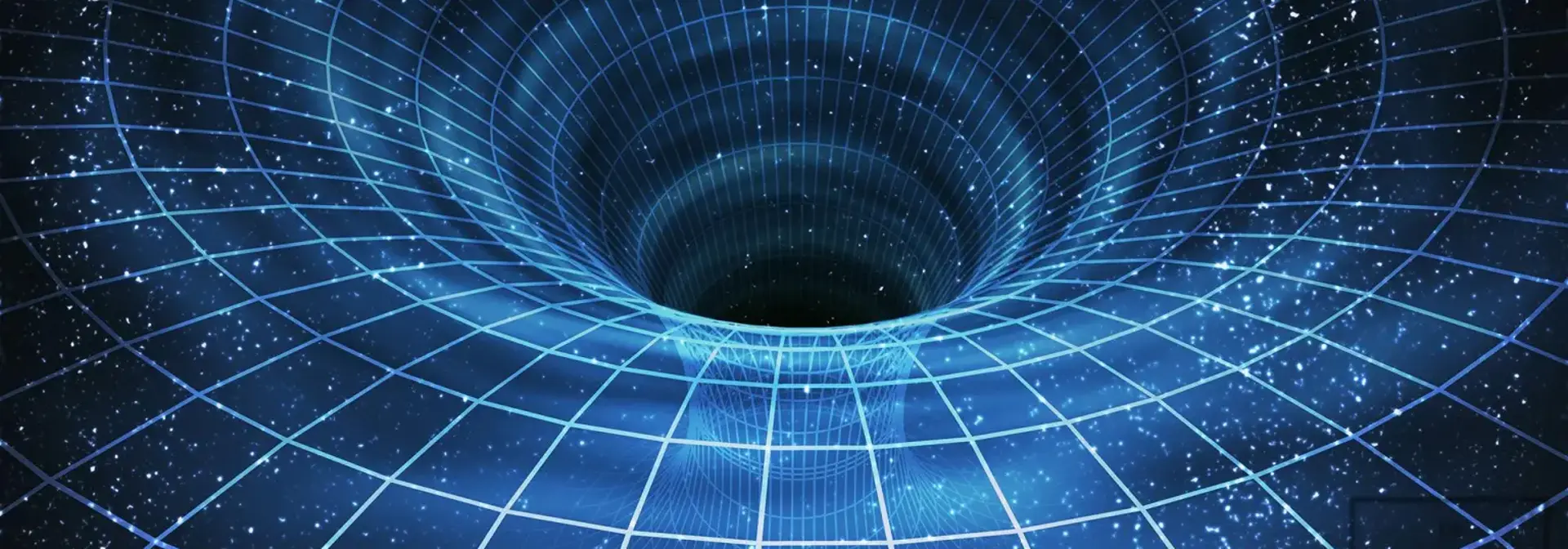Structure and symmetry

The Structure and Symmetry theme comprises researchers in algebra, geometry and topology, together with their interactions with computer science, and in mathematical physics, together with its interfaces to other areas of mathematics and natural sciences. We are at the core of training the next generation of scientific leaders in academia, industry and wider society through the Centre for Doctoral Training (CDT) in Algebra, Geometry, and Quantum Fields (AGQ), the only UKRI funded CDT in the UK focused on pure mathematics and mathematical physics. Its programme is at the forefront of mathematical innovation, leveraging the power of symmetry, geometry, and quantum physics to shape the science and technologies of tomorrow.
The highest distinction for mathematics research in the UK, the London Mathematical Society’s (LMS) Whitehead Prize, was conferred upon theme member Alessandro Sisto in 2024, while the LMS Anne Bennet Prize was awarded to theme member Lotte Hollands in 2018. We have links with the Edinburgh Hodge Institute, the Edinburgh Mathematical Physics Group, and the Higgs Centre for Theoretical Physics.
Algebra, Geometry and Topology
Research in this area has at its core the study of symmetries, an area called group theory, which helps describe how an object finds itself in the universe and predicts how the object will develop and move. From the symmetries of the Rubik’s cube to the symmetries of virus molecules, understanding the regularity of both structure and movement can give invaluable information on how to build an object or how the object will propagate and multiply. Understanding the symmetries of atoms, molecules, crystals, and all the building blocks of nature, is essential for physics, biology and medicine.
Hyperbolic geometry is a model where one needs not assume that everything in a plane is flat, but rather curved in a way which is essential both in physical setups and in today’s big data world. It has recently been proposed to store, compress and analyse data when a hyperbolic geometry setting is employed.
Leveraging these deep algebraic and geometric results can be used to impact computer science, in particular the creation and optimisation of (formal verification) software. The main areas of research in our group are:
- combinatorial, geometric and algorithmic group theory
- semigroup theory
- category theory
- automata and languages
- combinatorics and theoretical computer science
Further information can be found at the group webpage.
Mathematical Physics
Research in this area spans a broad interface of mathematics and physics. We develop and use mathematical methods and tools aiming to solve key problems in various areas of modern physics and to formulate physical theories in a mathematically rigorous way. The main aim is to provide a deeper theoretical understanding of physical phenomena and to develop accurate mathematical models that describe fundamental physical processes. The search and study of the underlying algebraic structures that characterise the symmetries of physical systems is also a central theme in our research.
Our research covers numerous areas of modern mathematical physics; from string and quantum field theories, low dimensional quantum gravity, classical and quantum integrable systems, conformal field theory, non-commutative field theory and topological field theory to statistical mechanics, holography and quantum theory with potential applications to condensed matter physics and quantum computing. Our research has also strong links with various areas of pure mathematics, particularly algebra, geometry and topology, for example quantum groups (Hopf algebras), representation theory, group theory, category theory, algebraic and differential topology, as well as algebraic, differential and non-commutative geometry.
Further information can be found at the group webpage.
Research seminars and events
As part of the Maxwell Institute, our Mathematical Sciences research groups regularly run seminars and events at both Heriot-Watt and University of Edinburgh locations.
Explore our events